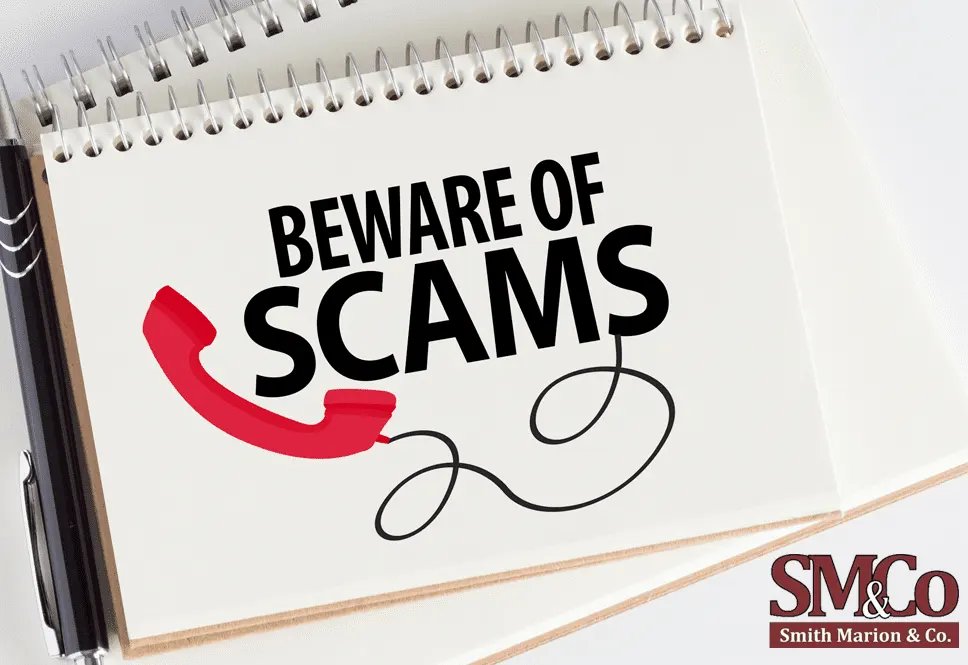
ERC, or Employee Retention Credit, is a tax credit available to businesses that kept employees on payroll through the slowdowns and shutdowns that occurred as a result of the COVID-19 pandemic. This tax credit was created to help small businesses whose operation was significantly affected by these disruptions. After its initial introduction in March 2020, ERC was extended. Although it has since been “sunset,” businesses may still file claims for their credit through 2022 and beyond – but only if they qualify.
Unfortunately, there are a number of companies aggressively trying to get paid to help businesses file claims for ERC, even if the businesses do not meet the eligibility requirements. You may have seen ads for these companies when seeking information about employee retention credit online. In order to avoid ERC scams, be extra-cautious before calling any of these companies or accepting their services. When in doubt, a good rule of thumb is to call your trusted CPA firm before agreeing to work with any of these companies.
>> Related Reading: Six Misconceptions About Employee Retention Credit
Here are some tips to avoid falling victim to ERC scams.
4 Ways to Avoid ERC Scams
1) Do not agree to a fee based on the credit. Keep in mind: The fee you pay to the company assisting you with filing a claim should not be based on a percentage of the employee retention credit you will receive. Be sure you know in advance exactly how much you will be paying for ERC filing services.
2) Be aware of the revenue requirements. You should only proceed with your claim if you know you are eligible for the credit. There are slightly different rules depending on whether you are filing a claim for 2020 or 2021.
2020 Rule:
- You only qualify if your business experienced a 50% drop in gross receipts between the 4th quarter of 2019 and the 1st quarter of 2020.
- You do not qualify if, in the calendar quarter immediately following the 1st quarter of 2020, your gross receipts exceeded 80% compared to the same quarter in 2019.
2021 Rule:
- You qualify if you experienced a 25% drop in gross receipts between any quarter in 2021 versus the same quarter in 2019.
- Note: If you made more money in 2019 you do not qualify.
>> Related Reading: What Is the Employee Retention Credit?
3) Insist on the proper signatures. If your contact at the company that is “helping” you file a claim for ERC refuses to sign the amended IRS Form 941 forms, do not work with them.
4) Reach out to us. We understand that preparing to file for this important tax credit can be an overwhelming experience. If you have any questions or concerns about the ERC process, talk to us at Smith Marion before you do anything. Feel free to contact us today with all your ERC-related questions. We’re happy to help.
Carlos Carazo, EA, CPA

